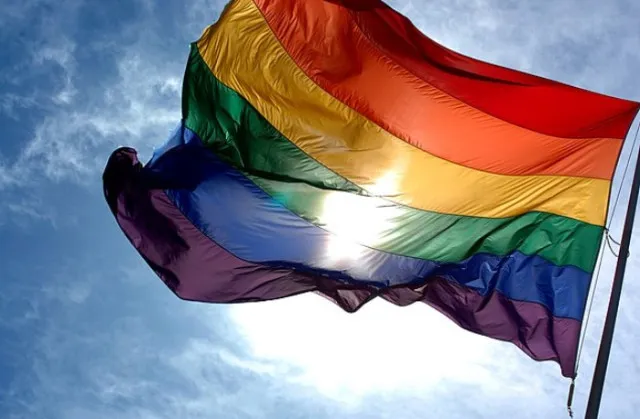Judge Halts Trump’s Policy Banning Transgender Individuals from Serving in the US Military
Judge Halts Trump’s Policy Banning Transgender Individuals from Serving in the US Military
In a significant legal victory for transgender rights, a federal judge recently ruled to halt former President Donald Trump’s policy that sought to ban transgender individuals from serving in the U.S. military. The ruling came after years of legal battles, challenges, and public outcry against the policy, which was first introduced by Trump in 2017 and later implemented in stages.

Trump’s policy, announced via a tweet in 2017, aimed to prevent transgender individuals from enlisting or serving in the military, citing concerns about the costs of medical care for transgender soldiers and issues surrounding military readiness. The decision marked a sharp departure from the Obama administration’s stance, which had lifted the ban on transgender military service in 2016. Trump’s directive was met with fierce criticism from LGBTQ+ advocates, civil rights organizations, and many military personnel who argued that the policy was discriminatory and unjust.
The policy not only targeted transgender individuals seeking to join the military but also affected those who were already serving. Under the Trump administration’s rule, transgender service members were forced to serve according to their gender assigned at birth, a move that many believed would harm the readiness and cohesion of military units. The policy also included restrictions on medical treatments related to gender transition, such as hormone therapy and gender-affirming surgeries.

The legal challenge against the policy began almost immediately after its announcement. Several lawsuits were filed by LGBTQ+ advocacy groups, including the American Civil Liberties Union (ACLU), arguing that the ban violated constitutional rights, including equal protection under the law. Lower courts issued preliminary injunctions, temporarily blocking the policy, but the legal battle continued for several years.
In the latest development, a federal judge in Washington, D.C., ruled that the Trump-era ban on transgender military service must be halted, at least temporarily, while the case continues through the legal system. The judge’s ruling effectively blocked the implementation of the policy, allowing transgender individuals to serve openly in the military once again.
The decision was seen as a major win for advocates of transgender rights, who hailed the ruling as a step forward in the fight for equality and justice. The judge’s ruling emphasized the importance of ensuring that military policies align with constitutional protections for all Americans, regardless of their gender identity. Advocates for transgender rights argued that the policy was not only harmful to the individuals directly affected but also detrimental to the military, as it excluded qualified individuals from serving their country.

The Biden administration, which took office in January 2021, quickly reversed the Trump-era policy on transgender military service. President Joe Biden signed an executive order on his first day in office that lifted the ban, allowing transgender individuals to serve openly and access necessary medical care. The order was a clear signal of the administration’s commitment to advancing LGBTQ+ rights and ensuring that all Americans, regardless of gender identity, can serve their country without fear of discrimination.
Despite the Biden administration’s reversal of the policy, the legal challenges to the Trump-era ban have continued to wind their way through the courts. The most recent ruling is a significant step toward solidifying the rights of transgender service members and further establishing the legal precedent that such discriminatory policies are unconstitutional.
The ruling has far-reaching implications, not only for transgender individuals who wish to serve in the military but also for broader LGBTQ+ rights. It reinforces the notion that policies that discriminate against marginalized groups will face legal scrutiny and could be overturned in court. The decision also underscores the importance of judicial independence in protecting the rights of individuals and ensuring that government policies uphold constitutional values.

As the legal battles continue, advocates remain hopeful that the ruling will lead to lasting change, not only for transgender service members but also for the broader LGBTQ+ community. The halting of Trump’s transgender military ban marks a pivotal moment in the ongoing struggle for equality, underscoring the importance of fighting discrimination wherever it occurs—whether in the military, the workplace, or society at large.





